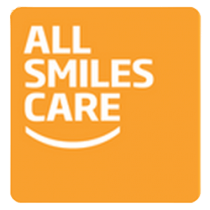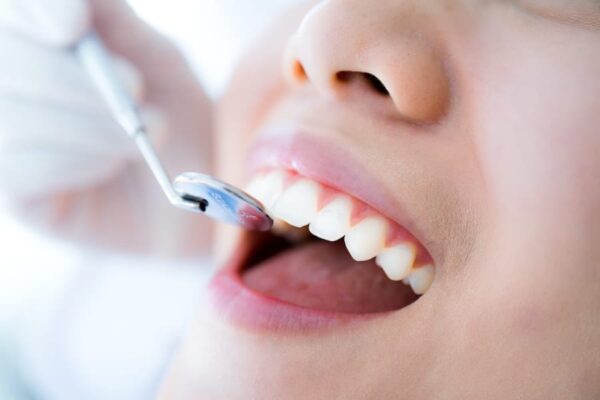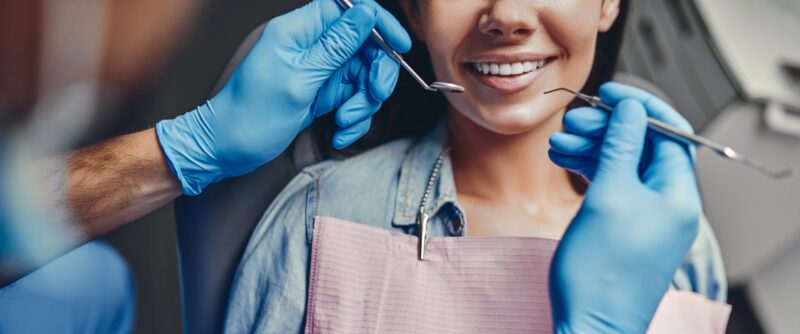Oral sedation is a method used to help patients relax and reduce anxiety during dental or medical procedures. It typically involves taking medication by mouth, usually in the form of a pill or liquid, before the procedure begins. The medication works by calming the central nervous system, making the patient feel drowsy and at ease while still remaining conscious and able to respond to instructions. The level of sedation can range from mild, where the patient is simply relaxed, to moderate, where they may feel sleepy and remember little of the procedure. Oral sedation is typically safe and can be an effective option for individuals who experience fear, anxiety, or difficulty staying calm during dental treatments.
When is Oral Sedation Necessary?
Oral sedation may be necessary for patients who experience significant anxiety, fear, or stress when undergoing dental procedures. It is often recommended for individuals with a strong gag reflex, low pain tolerance, or difficulty sitting still for extended periods of time. Patients who are having multiple or complex treatments done in one visit may also benefit from oral sedation to make the experience more comfortable. Additionally, it can be helpful for those with past traumatic dental experiences or those who have difficulty getting numb with local anesthesia alone. In these situations, oral sedation allows patients to receive the care they need in a calm, relaxed state while ensuring the procedure can be completed safely and efficiently.
How to Prepare For Oral Sedation
Preparing for oral sedation ahead of time ensures a smooth and safe dental procedure. It involves understanding the process, following specific guidelines, and arranging post-procedure care to minimize recovery time.
- Schedule a Pre-Appointment with Your Dentist: Before undergoing oral sedation, many dentists will require a pre-appointment. This meeting allows you to discuss the specifics of the procedure, the type of sedative used, and any personal medical considerations. It’s a chance to understand the process, set expectations for the surgery and recovery, and alleviate any concerns or doubts to fully prepare you for what lies ahead.
- Follow Dietary Restrictions & Fasting Guidelines: Before the appointment, your dentist will provide specific guidelines on fasting and dietary restrictions before the procedure. In most scenarios, patients must fast, avoiding food and drink, for 6 to 8 hours before their appointment. Avoiding alcohol and certain medications is also crucial for the safety and effectiveness of the sedation.
- Arrange Transportation to and from Your Appointment: Due to the drowsiness and impaired judgment caused by oral sedation, it’s essential to arrange for a responsible adult to drive you home following your procedure. We also suggest creating a comfortable recovery environment at home beforehand, as the effects of the sedation can linger for several hours following the surgery.
- Follow Post-Sedation Care Instructions: Be aware that full alertness may not return immediately after the procedure, so plan to rest for the remainder of the day. Following your dentist’s instructions for post-sedation care, such as adhering to dietary restrictions, medication schedules, and activity limitations, is crucial for a smooth and safe recovery. Keep your dentist’s contact information handy for any unexpected issues or questions regarding recovery.
Does Oral Sedation Hurt?
Oral sedation is typically painless. The role of these sedatives is to relax the patient and minimize anxiety, making dental procedures more comfortable. While the sedation itself is pain-free, it’s crucial to understand that it’s used in conjunction with, or sometimes as an alternative to, other forms of pain management. This comprehensive approach ensures that patients experience minimal discomfort during dental procedures.
What Does Oral Sedation Feel Like?
Oral sedation makes dental procedures a calm and anxiety-free experience. During sedation, patients will generally feel relaxed and may have a sense of drowsiness. Others report feeling slightly detached from what’s happening but can still respond to the dentist’s instructions.
As for the duration, the effects of oral sedation can vary depending on the type and dose of the medication used. Typically, the sedation lasts long enough to cover the dental procedure. Patients often have little to no memory of the procedure, which is a benefit for those with dental anxiety.
Oral sedation reduces awareness of discomfort, noises, and smells associated with dental work. While oral sedation diminishes anxiety and discomfort, local anesthetics may still be necessary to completely numb the treatment area and ensure a pain-free procedure.
Post-sedation, patients might feel groggy or sleepy for several hours. It’s recommended to rest and avoid operating heavy machinery or driving for the rest of the day until the effects completely wear off.
Schedule a Free Online Consultation Today
Oral sedation offers a safe, effective, and comfortable way to undergo dental procedures, especially for those who experience anxiety or fear about dental visits. Understanding what oral sedation involves and how it feels can help alleviate any apprehensions about your upcoming dental treatment.
If you have more questions or wish to explore how oral sedation can make your dental visit more comfortable, schedule an online consultation with All Smiles Care today.
Our team is dedicated to providing a caring and supportive experience, ensuring your dental health journey is as worry-free as possible.
Oral Sedation FAQs
What Sedatives Are Used in Oral Sedation?
Oral sedation typically involves the use of medications such as benzodiazepines, including Valium, Halcion, or Ativan. These sedatives help reduce anxiety and promote relaxation during a dental procedure.
What Are The Risks of Oral Sedation?
The risks of oral sedation include drowsiness, dizziness, nausea, and, in rare cases, allergic reactions. It’s essential to disclose all medical history and current medications to your dentist to minimize risks.
Can I Have Oral Sedation if I’m Pregnant?
In general, you should avoid oral sedation during pregnancy, especially in the first and third trimesters, due to potential risks to the fetus. Always consult with your healthcare provider and dentist for guidance tailored to your specific situation.
Will There Be Any Side-Effects From Oral Sedation?
Common side effects of oral sedation include drowsiness, dry mouth, and mild disorientation. These effects are usually temporary and subside within a day. It’s important to arrange for someone to drive you home after the procedure.
How Long Will I Be Asleep During Oral Sedation?
Oral sedation doesn’t typically induce full sleep but rather a state of deep relaxation. The duration of this relaxed state varies depending on the medication used and individual response, but it generally lasts for the duration of the dental procedure.


